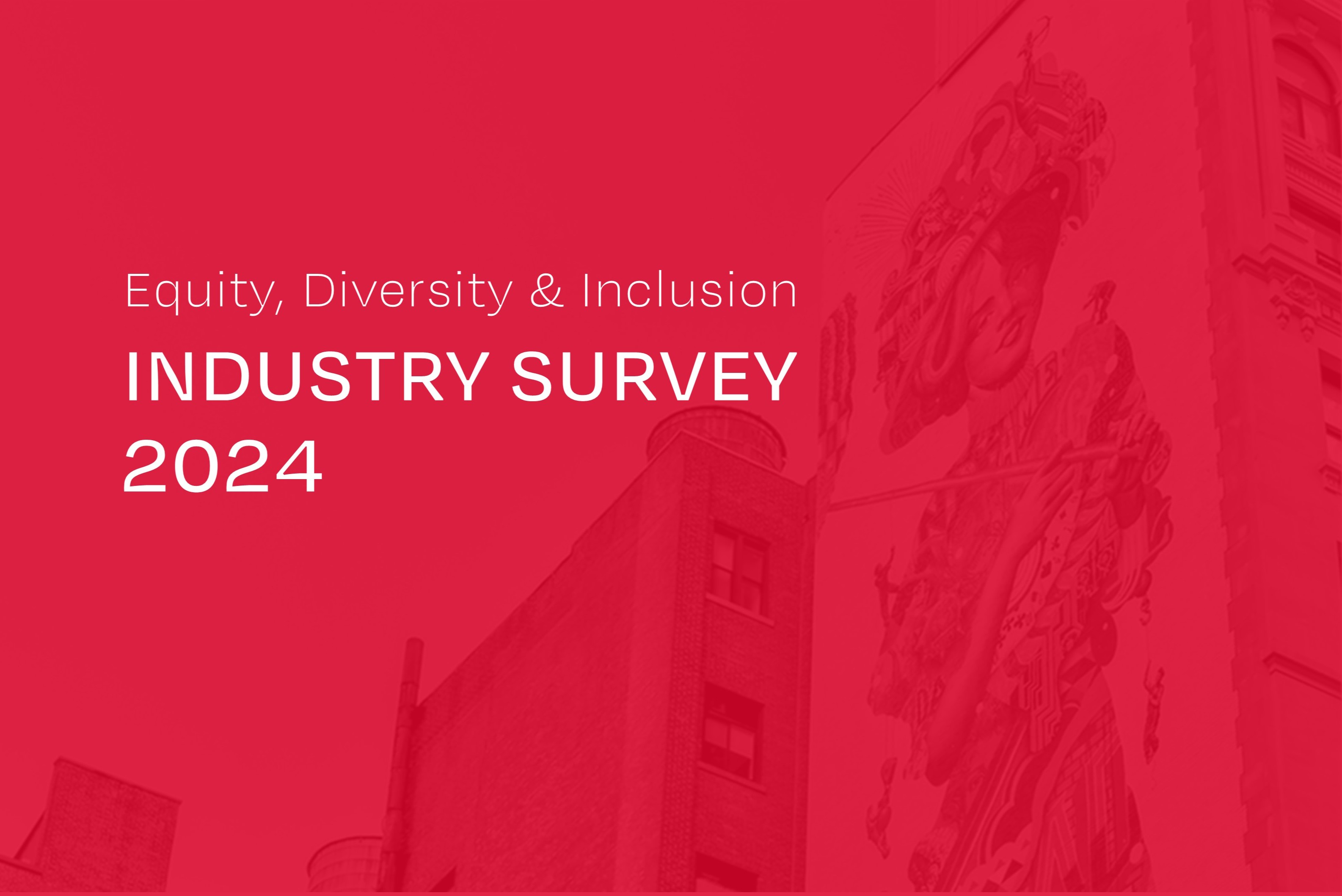By joining Real Estate Balance’s email list, you agree to receive email updates from time to time about organisation news, events being held and information about our partners in accordance with the terms outlined in our privacy notice, which you can read in full here.
Sign upIndustry EDI survey
Our biennial membership survey tracks progress on EDI to inform our activities
Real Estate Balance’s membership survey is the most comprehensive study of equity, diversity and inclusion in UK real estate and its associated sectors. Every two years, we commission a sector-wide survey of our members on company and individual levels to examine the drivers and barriers to progress. The results help us uncover the realities facing underrepresented people working in real estate so we can take action to accelerate change.
Since our first survey in 2016, the findings have revealed important signs of progress – yet work still remains.
Gathering up-to-date data helps us build an accurate picture of where change is needed. The survey results can also be used as a benchmarking tool for organisations to measure their own progress. Ultimately, the findings enable us to develop practical solutions that address industry imbalances, helping to create a more dynamic, representative and robust real estate sector for everyone.
Key findings from our most recent survey, published in December 2024, included:
- Gender balance at Board and senior leadership levels remain as long-standing and key EDI challenges.
- Ours is a broadly gender-balanced industry at the populous levels of qualified/equivalent, graduate/entry and support. Although the percentage of women in middle management positions has fallen, the data challenges the idea that a lack of diversity in the pipeline is responsible for the underrepresentation of women at senior leadership level.
- The findings relating to ethnicity in both the company and individual sides of the research are quite similar and are representative of the Census for England and Wales 2021. However, the London-centric nature of UK real estate and its associated sectors suggests these results should more closely resemble the ethnic makeup of the capital.
- The company side of the survey shows us to be more privileged than national averages in two out of the three measures of social background we utilised, particularly so in the case of attendance at independent/fee-paying schools. This finding is backed up by the employee side of the survey and our NextGen research last year.
- The importance of EDI to job satisfaction for the individual respondents is high and dissatisfaction with how companies deal with EDI issues is relatively low. The majority of participants also feel comfortable discussing their career and life aspirations with their line managers - an indicator of inclusion.
- Companies and individuals agree that EDI policies/action plans, flexible working, active driving of cultural/behavioural change and enhanced parental policies and practices are widespread and having an impact in progressing equitable, diverse and inclusive workplaces.
- Crucially, there is consensus on both sides of the study on what our industry should be doing more of: incentivising behaviours which further EDI, reverse mentoring and talent development plans, particularly for those with underrepresented characteristics and social backgrounds.
Click below to download the Industry EDI Survey 2024 report or access detailed findings from previous editions of the research.


